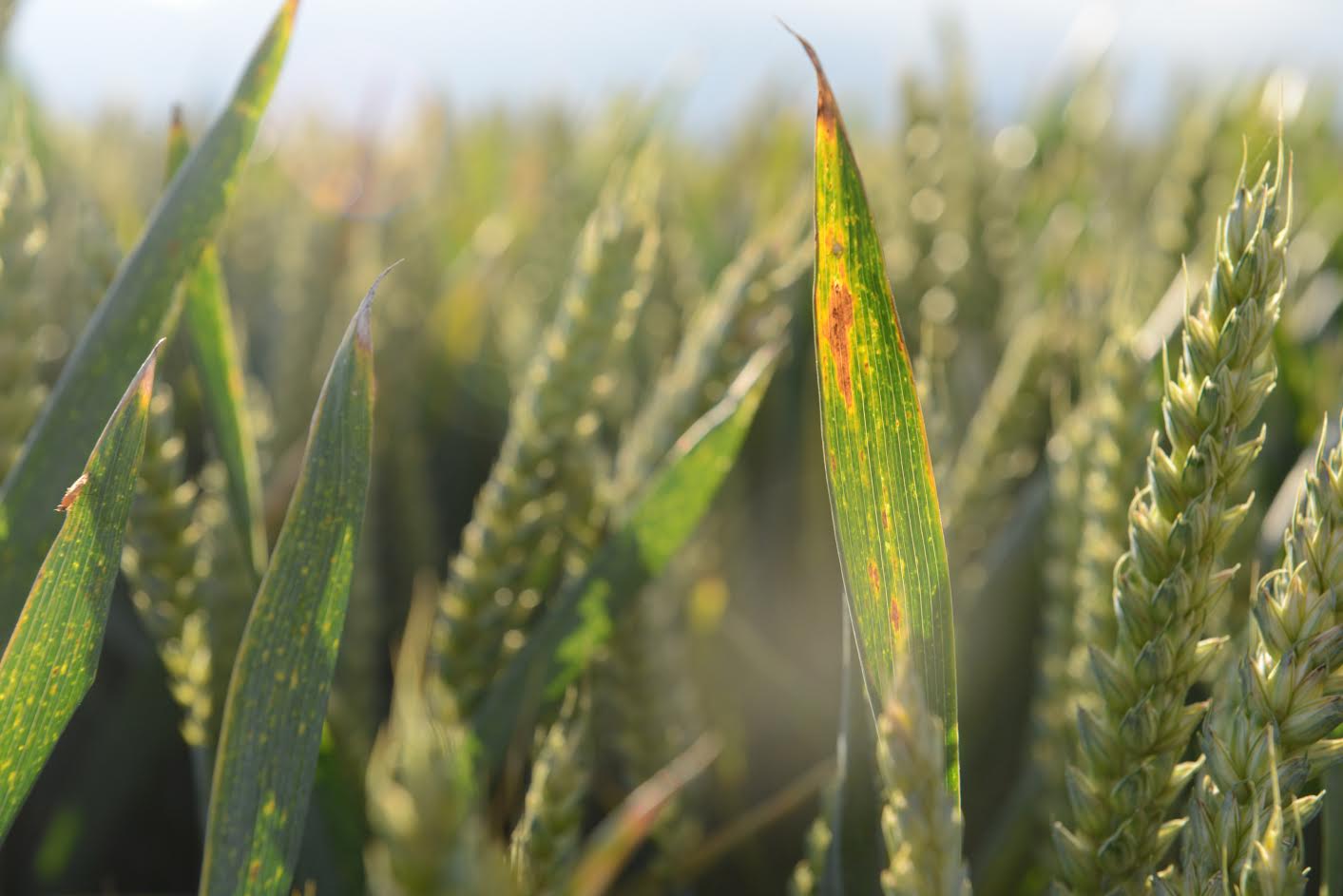
Plans have been announced to invest up to £60,000 to improve understanding of a major crop disease in cereals.
The announcement follows the decision by the European Commission to ban outdoor use of neonicotinoid seed treatments, which include those used to protect cereal crops from barley yellow dwarf virus (BYDV) infection by aphid vectors.
The latest research investment will deliver results during autumn 2019, as winter cereals without the option of a neonicotinoid seed treatment are being drilled.
In untreated crops, BYDV causes estimated average yield losses of 8 per cent in wheat and 2 per cent in barley. In most of the key cereal producing regions in the UK, the grain aphid is the main virus vector.
The exception is in the South West, where the bird cherry–oat aphid is the main vector.
Charlotte Rowley, who manages pest research at AHDB said: “Seed treatments affected by the ban will need to be used up by 19 December 2018. Alternative control measures will be needed next year.
“Although full-rate pyrethroid sprays can provide effective control of aphids, they are becoming resistant.
“At present, this is limited to moderate levels of resistance in grain aphids. But knowledge about BYDV risk needs to be improved, to make sure sprays are only ever used as a last resort,” Ms Rowley said.
Essential research
Researchers are being asked to apply for the funding (by 17 September 2018) to review BYDV literature and collect new field data.
The request for new data is seen as essential, as very little research has been conducted in the UK this century.
The research will take account of recent changes to pest populations, resistance status, farming practices and cereal varieties.
The research will look at the potential to generate field-specific risk forecasts for BYDV in wheat, barley and oats. It will also update guidance to inform BYDV management strategies.
AHDB is also asking people to guide investment in pest monitoring services over the next five years by completing a short survey.
